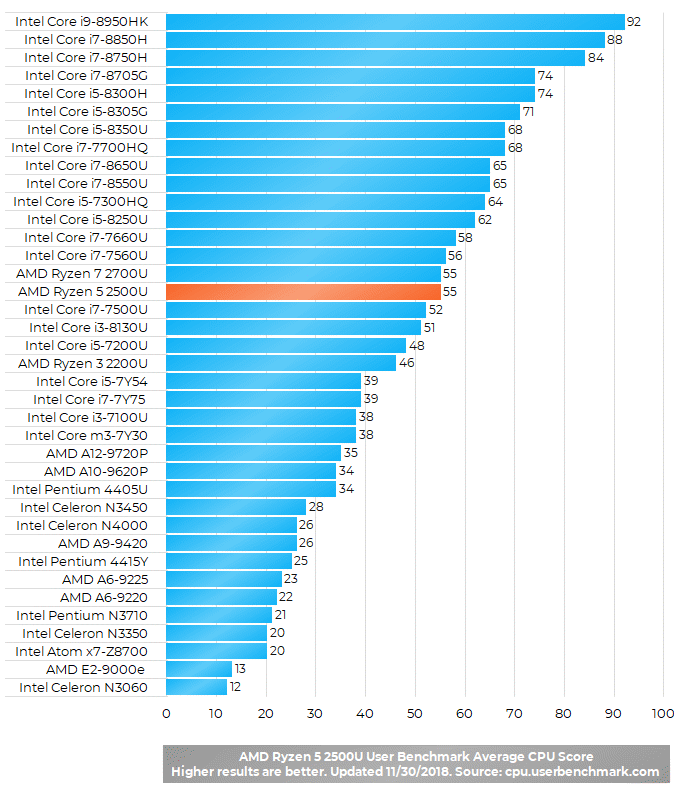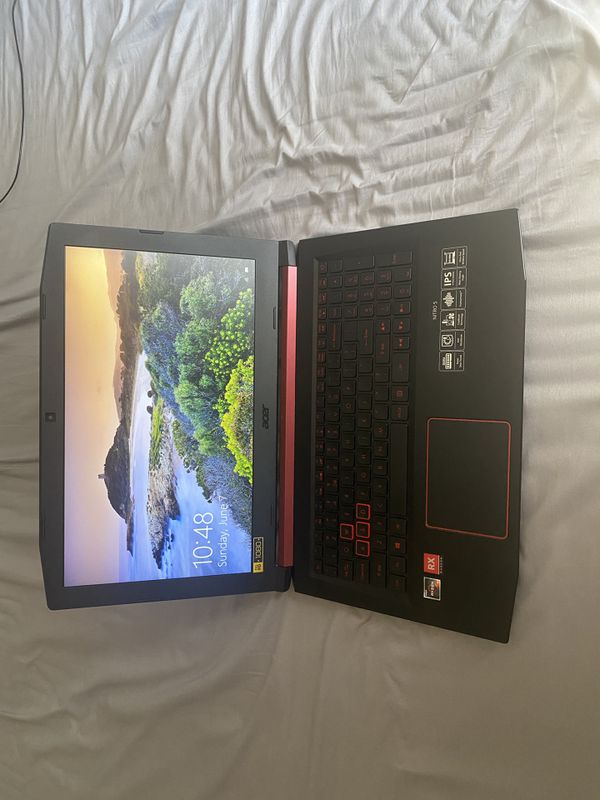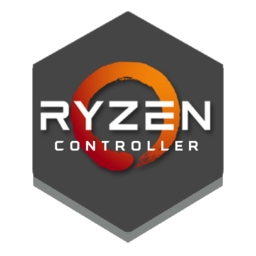

The Vega cores in the new Ryzen 7 dole out performance equal to GeForce 950 chip In the same test, Ryzen 7 actually keeps pace with a GeForce GTX 950M in an ultrathin laptop. In gaming, for example, AMD says the Ryzen 7 smokes the integrated graphics in Intel’s 15-watt chips in the 3DMark Time Spy benchmark. With 10 Vega compute units under the hood the results are what you’d expect compared to Intel’s “good-enough” integrated graphics performance.

AMDĪMD also compared the performance of the new Ryzen 7 using four additional benchmarks to show it wasn’t a fluke.

Only in PassMark 9 does the newest Intel chip take the lead-but not by much.

In POVRay, PCMark 10, and TrueCrypt, Ryzen 7 is in front. What makes it the “world’s fastest processor”īeating up on a Bristol Ridge isn’t the goal, of course. AMD said it’s the combination of the performance Ryzen cores and the performance Vega cores that gives Ryzen 7 and Ryzen 5 a boost over Core i7 and Core i5 in laptops.ĪMD says its new Ryzen laptop CPU gives Intel’s 7th and 8th chips a tough day.ĪMD also broke out several other benchmarks to show off Ryzen 7. AMDĪMD said the new mobile Ryzen APU far exceeded its target goals. Based on the company’s testing the CPU has overachieved: It’s 200 percent faster in CPU operations and 128 percent faster on the GPU side, while using 58 percent less power. In practical terms, AMD said in a five-minute workload, mobile XFR can increase performance up to 23 percent. Laptops must meet the company’s cooling criteria to support mobile XFR.ĪMD claims the chip is dramatically faster compared to 7th-generation Bristol Ridge APUs. The company had projected a 50-percent bump in CPU performance and a 40-percent bump in GPU performance with 50 percent less power. Mobile XFR focuses just on thermals and will give the clocks a 100MHz boost-if the laptop’s cool enough to handle it. Its “opportunistic algorithm” tries to run the clock speeds at higher levels based on the CPU’s temperature, current use, and workload, working in 25MHz increments. Precision Boost 2 builds on the original Precision Boost introduced with Ryzen.


 0 kommentar(er)
0 kommentar(er)
